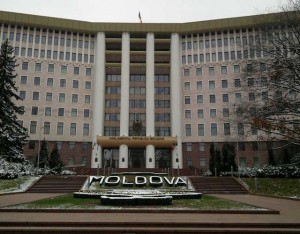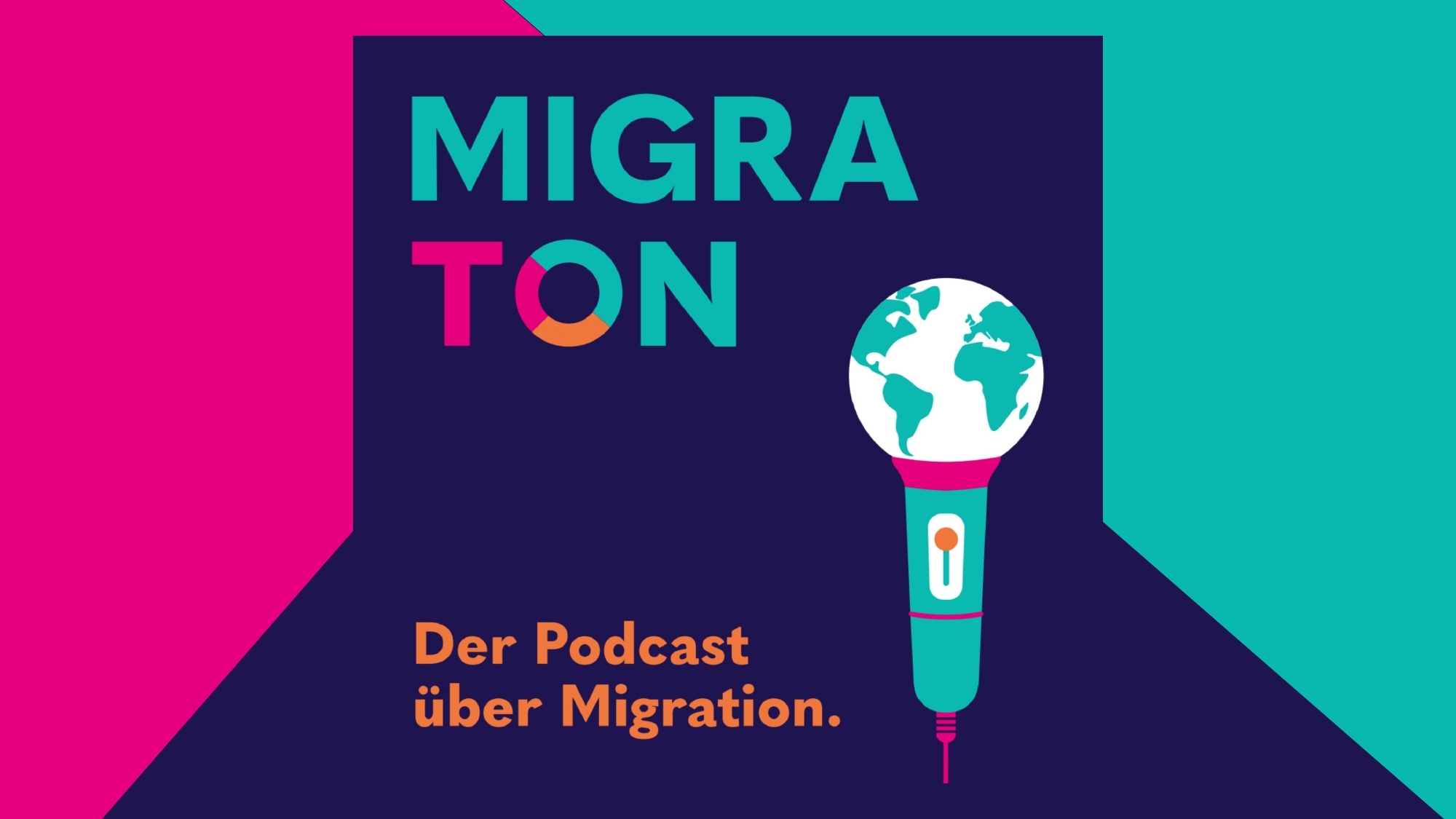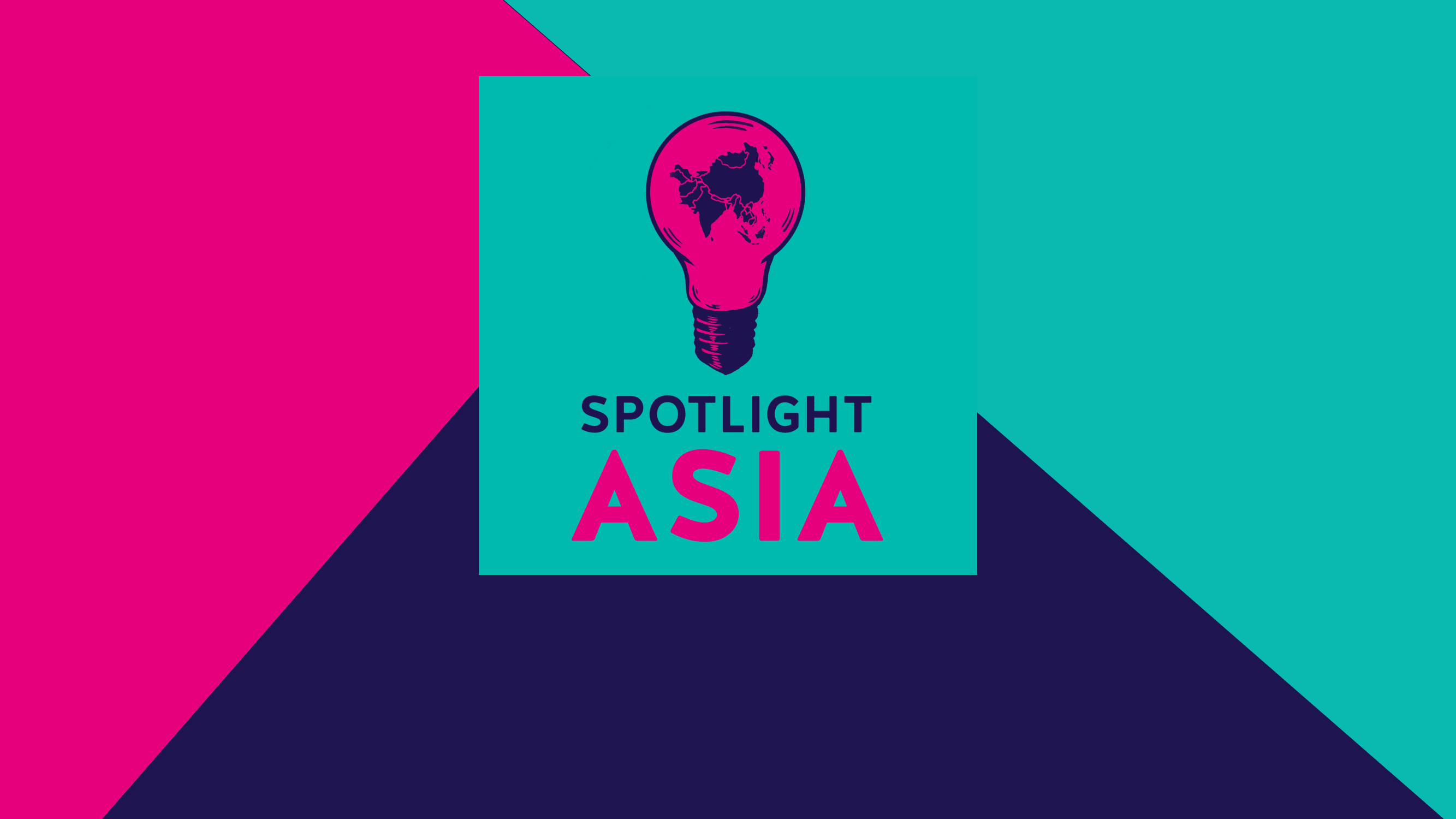19 NOV | Polis Teatime: Taking Stock of Moldova’s ‘Old New’ Government
Polis Teatime
Taking Stock of Moldova’s ‘Old New’ Government
19 November 2019 | 18.30 – 20:30
Café ostPost | Choriner Str. 84, 10119 Berlin
with Dr. Cristina Gherasimov

We are glad to invite you to our next Polis Teatime on “Taking Stock of Moldova’s ‘Old New’ Government” with Dr. Cristina Gherasimov (DGAP).
This discussion is definitely even more timely than we thought. On November 12, 2019 the Moldovan government under Prime Minister Maia Sandu has been dismissed after losing a non-confidence vote in the parliament. Sandu aimed at amending the new law on the Prosecutor General in order to shield the appointment process from political interests. This led to strong opposition by Sandu’s coalition partner, the Moldovan Socialist Party, who eventually decided to terminate the government with support of the Democratic Party.
The government – consisting of both pro-European and pro-Russian parties – was just elected in June 2019 after months of political deadlock and a constitutional crisis. This ended the almost one decade-long rule of the Democratic Party, which was widely associated with systemic corruption, disrespect for the rule of law and lacking acceptance of democratic principles. The in new old rather unusual coalition of the pro-Russian Socialist Party and the pro-European, former opposition bloc ACUM promptly initiated the so-called “de-oligarchization” of the country, enjoying support from the European Union as well as Russia. After years of domination by oligarchic interests, the new government raised hopes to eventually embark on a substantial reform process to democratize the country, improve its economic outlook and fight corruption.
Now, not even after six months, Moldova is confronted yet again with political uncertainty and instability sending “worrying signals for the reform process in the country” according to EU spokeswoman for EU Foreign Affairs & Security Policy Maja Kocijancic. We want to understand which factors led to the dismissal of Sandu’s government? What are the internal party power dynamics? What has the Sandu government achieved regarding Moldova’s reform process in the past months? What were the biggest constraints to reforms? What happened with the former political elite in the meantime and have the state institutions really been de-politized? And most importantly: What can we expect to happen next? We are happy to have Dr. Cristina Gherasimov, research fellow at DGAP and expert on political transformation processes in Eastern Europe with us, who will share her knowledge and expertise on the socio-political situation in Moldova.
As a grassroots think tank Polis180 wants to enable the young generation to participate in political discourse. Thus, our Polis Teatimes will focus on your questions and ideas! Please feel free to enjoy tea, coffee and snacks for thought.
About our expert:
Dr. Cristina Gherasimov is a research fellow at the Robert Bosch Center for Central and Eastern Europe, Russia, and Central Asia at the German Council on Foreign Relations (DGAP). Her work is focussing on Central and Eastern Europe. Topics she is interested in are ranging from good governance, anti-corruption policies, European integration and the Eastern Partnership to democratic backsliding and political elites.
Before she joined DGAP in 2018, Gherasimov had worked among others for Transparency International, Chatham House and different universities, including the Rutgers University and ETH Zürich.
We are looking forward to the discussion! If you have any questions, feel free to contact Julian.Brummer@polis180.org. Please register below.
Die Veranstaltung ist ausgebucht.

